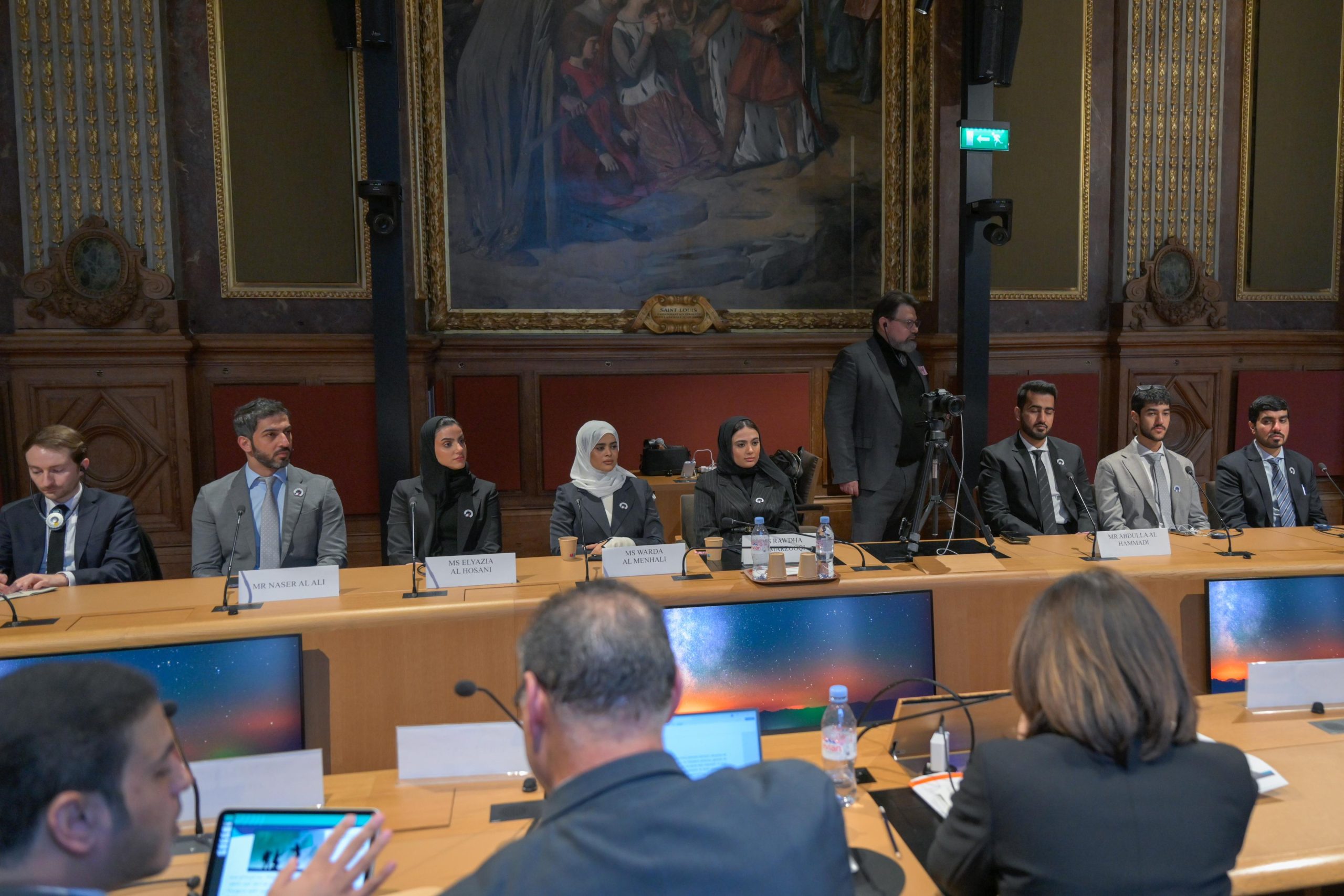An international panel discussion, Coexistence, Brotherhood’s Separatism: Crossed Perspectives, was held at the Monory Hall of Luxembourg Palace in Paris. It was organized by TRENDS Research & Advisory in collaboration with the French Senate. The panel called for raising community awareness about tolerance and national belonging to combat extremism and ensure societies’ stability.
The panel participants stressed the need to enhance international cooperation to combat the Muslim Brotherhood ideology, adopt mindful media discourse, and develop knowledge-based frameworks to uncover the influence of extremist groups and dismantle their ideologies. Participants also underlined the importance of joint efforts among countries to ensure peaceful coexistence and reject all forms of separatism that threaten societies. The panel featured contributions from TRENDS and French officials and experts. They called for raising awareness about the importance of tolerance and a sense of national belonging to combat extremism and ensure community stability.
The panel discussion addressed several topics, including physical radicalization sites, with a focus on analyzing the strategies used by extremist groups to recruit youth through digital platforms. It also highlighted tolerance as a pillar for coexistence, citing agreements such as the Alsace-Moselle Concordat in France. It examined the Muslim Brotherhood’s influence in universities and how it spreads its ideology in educational institutions.

The Opening
French Senator Nathalie Goulet opened the discussion with a speech in which she emphasized the importance of international cooperation in addressing the threats posed by extremism and separatism. She underlined the role of unified policies in enhancing stability and reducing these groups’ influence, citing the French experience in this regard.

A Shared Vision
In his welcoming remarks, Dr. Mohammed Abdullah Al-Ali, CEO of TRENDS Research & Advisory, highlighted the TRENDS and the French Senate’s shared commitment to confront the dangers of extremist discourse. He said this discourse is creating an alternative identity with an ideologized religious character that makes individuals emotionally isolated from their societies and homelands. He said that this situation leads to individuals even rejecting the values of their societies and seeking to undermine them.
Dr. Al-Ali emphasized TRENDS’ long-standing call for extensive intellectual dialogue between the West and the Arab world to better understand the root causes of extremism that lead to violence and to address them holistically. He also highlighted the importance of the UAE-France partnership in promoting tolerance and combating extremist discourse, which creates isolated religious identities that threaten national unity.

Coexistence Dr. Hamad Al-Kaabi, CEO of Aletihad News Center, stressed that coexistence and acceptance of others are the foundation of thriving societies. He highlighted the critical role of media as a significant defense line in addressing the challenges posed by the Muslim Brotherhood, which he described as a group seeking to divide societies by establishing parallel structures that promote isolationism.
Countering Extremism with Knowledge
Dr. Wael Saleh, Political Islam Advisor at TRENDS Research & Advisory, presented the “Muslim Brotherhood Syndrome,” characterized by the group’s monopolization of truth, adoption of takfiri (excommunication) discourse, and incitement to violence in the name of religion. He emphasized the need to confront this discourse by dismantling and critically analyzing the group’s ideas. Dr. Saleh also highlighted the importance of providing models of religiosity that align with the values of patriotism and modernity.

The Extremism Incubator
Researcher Hamad Al-Hosani, Head of Political Islam Studies at TRENDS, explained that the Muslim Brotherhood has been the ideological and organizational incubator for terrorist groups like Al-Qaeda and ISIS. He pointed toward the group’s role in providing ideological cover for these organizations, which gives them legitimacy among their followers.

Action on the Ground
Joaquim Pueyo, Mayor of Alençon and Former Member of the French Parliament shared his view on Islamist separatism’s impact on France’s social fabric. He stressed the importance of action on the ground and engagement with communities to understand the contexts of radicalization and how to counter it effectively.
Pueyo said that he is witness to the diversity of religious practices among Muslims in the region and noted the hostility between Islamists and other forms of Muslim religiosity. He added that some Islamists even question the religiosity of other Muslims simply due to political disagreements over some issues that have nothing to do with religion.

The Values of the Republic
Morgane Daury-Fauveau, Professor of Law at the University of Picardie Jules Verne, discussed European laws that promote coexistence and combat extremism. She highlighted the deep infiltration of political Islamist groups into French society and their threat to the values of the French Republic.
She stressed the need to address Islamist groups’ threats and prevent them from influencing university students. She called for stricter laws and greater intellectual engagement to counter their impact. Prof. Daury-Fauveau also called for protecting the values of the French Republic and preventing extremist groups from exploiting Western democratic structures to mobilize and spread their ideology in academic institutions.

Dr. Mohammed Al-Ali honored the participants and awarded several of them the TRENDS Research Medal to recognize their efforts and support for TRENDS’ research work.



